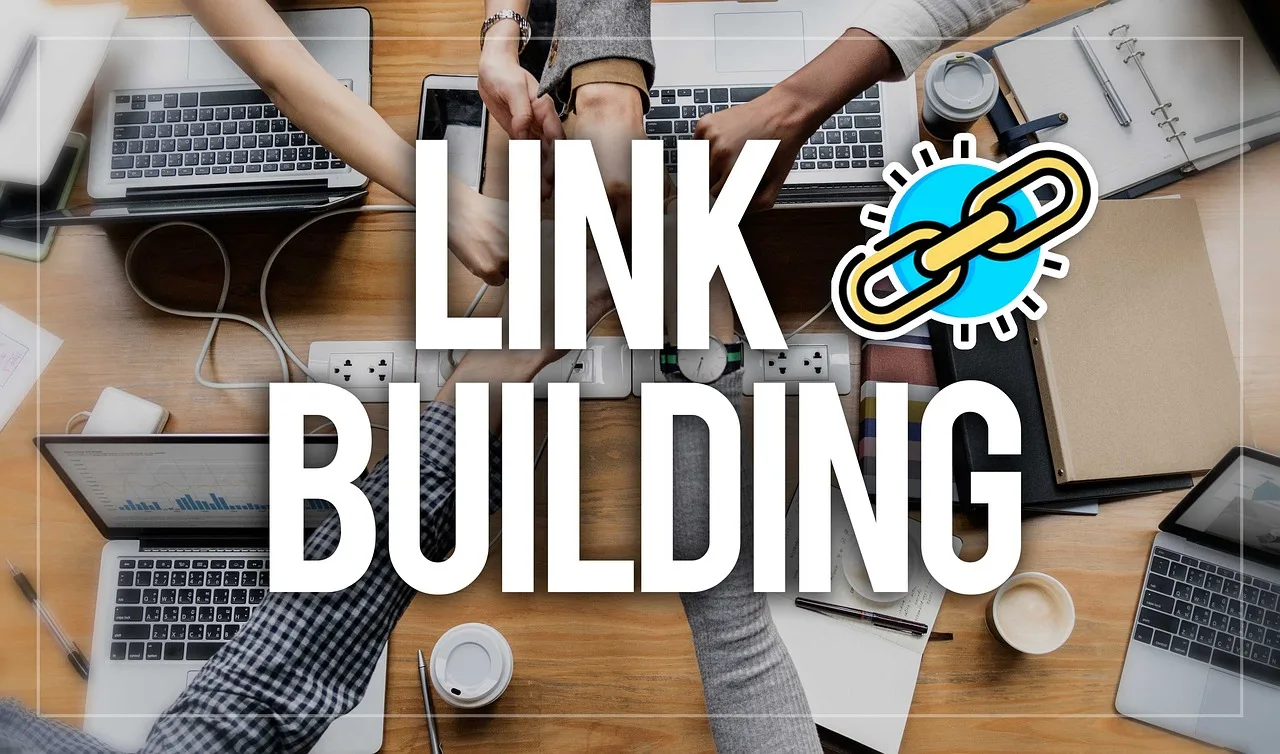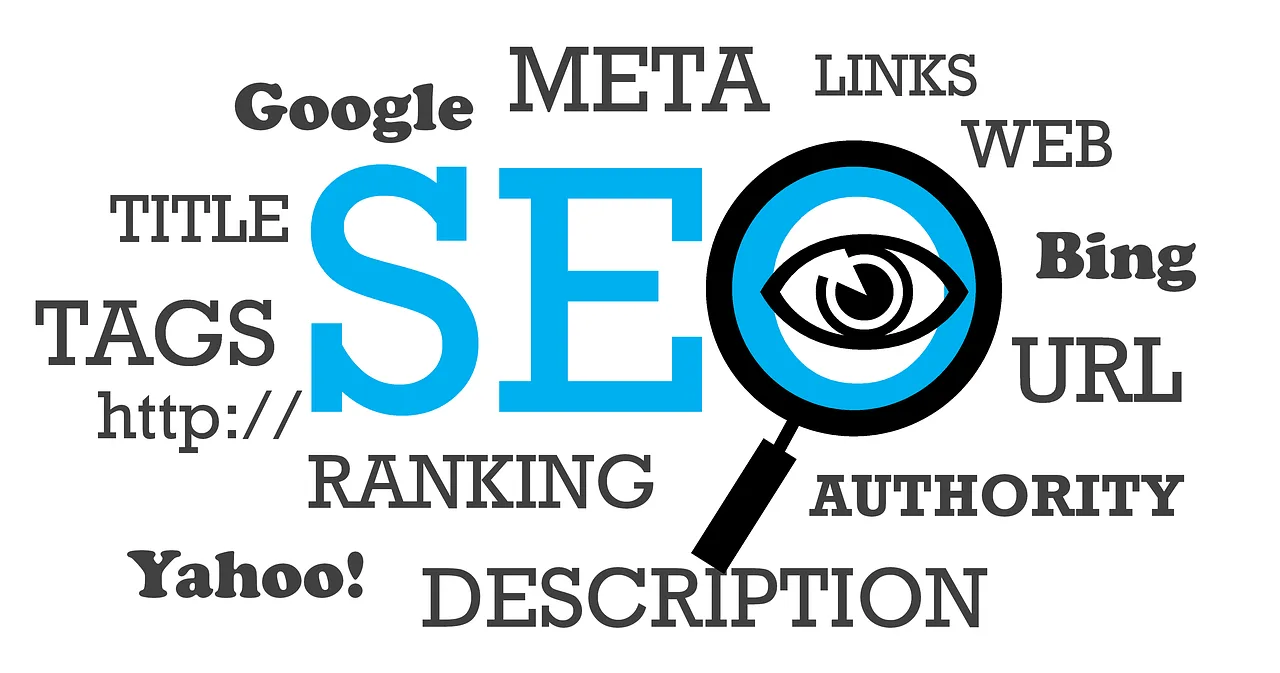
Quality Over Quantity in Link Building: Why Authority Matters More Than Numbers
In the ever-evolving landscape of SEO, link building remains a cornerstone strategy for improving search engine rankings. However, with each algorithm update, Google becomes smarter at differentiating between high-quality and low-quality backlinks. Gone are the days when accumulating thousands of backlinks—regardless of their source—was enough to boost your site’s ranking. Today, it’s all about quality over quantity.
In this blog, we’ll explore why authoritative backlinks are far more valuable than a high volume of low-quality links, how they impact SEO, and how you can begin building links the right way.
Understanding Google’s Stance on Link Building
Google’s algorithms prioritize relevance and authority. With updates like Penguin, Helpful Content, and SpamBrain, the search engine giant now penalizes manipulative link-building schemes and rewards genuine, trustworthy content with organic backlinks.
Here’s what this means in simple terms: One backlink from an authoritative, relevant source can be more powerful than 100 backlinks from spammy directories or unrelated blogs.
So, if you’re still chasing numbers, you might be hurting your rankings rather than helping them.
What Makes a Backlink High-Quality?
A high-quality backlink is defined by several key characteristics:
- Authority of the Referring Domain: Links from websites with high domain authority (DA) or domain rating (DR), such as major news outlets, industry leaders, or established blogs, carry more weight.
- Relevance to Your Niche: A backlink from a website that shares your industry or subject matter is considered contextually relevant and more beneficial.
- Natural Placement: Backlinks should be editorially placed, meaning they are integrated naturally into content rather than stuffed into sidebars, footers, or comment sections.
- Traffic and Engagement: Links from websites that generate significant traffic and user engagement are more valuable to Google—and to your business.
- Dofollow vs. Nofollow: While nofollow links have their place, dofollow links are the ones that pass SEO value, or “link juice.”
Why Quantity Can Be Risky
Many businesses, especially startups and small websites, fall into the trap of purchasing cheap backlinks or using automated tools to create hundreds of links overnight. These might provide a short-term spike, but Google’s algorithms are quick to identify such tactics.
Here are the risks of focusing solely on quantity:
- Penalties and De-indexing: Spammy link-building practices can lead to manual actions from Google, severely impacting visibility.
- Low Trust Signals: Backlinks from unrelated or low-quality websites reduce your site’s credibility.
- Waste of Budget: Paying for bulk backlinks often results in poor ROI with minimal or even negative SEO impact.
- No Long-Term Value: These links usually don’t bring real traffic or leads and are unlikely to stand the test of future algorithm updates.
The Long-Term Benefits of Authoritative Backlinks
When you invest time and effort into earning high-quality backlinks, you’re not just optimizing for search engines—you’re building a sustainable digital brand. Here’s how quality backlinks pay off:
- Improved Rankings: Google’s algorithm favors authoritative and relevant links, helping you climb SERPs organically.
- Higher Referral Traffic: Quality backlinks often bring in relevant traffic that’s more likely to convert.
- Brand Recognition and Trust: Being mentioned on respected websites builds brand authority and consumer trust.
- Better Indexing: Authoritative backlinks help Google crawl and index your site more efficiently.
How to Build High-Quality Backlinks
Ready to prioritize quality? Here are a few effective strategies:
- Guest Posting on Niche Blogs: Contribute valuable content to reputable blogs in your industry.
- Create Link-Worthy Content: Produce resources like case studies, research papers, infographics, or expert guides that others want to cite.
- Build Relationships: Network with influencers, thought leaders, and other brands to earn organic mentions.
- Use Digital PR: Pitch newsworthy stories to journalists and media outlets that can link back to your site.
- Audit Your Existing Backlinks: Use tools like Ahrefs or SEMrush to identify and disavow toxic backlinks.
Final Thoughts
Google rewards relevance, trust, and authority—not link spam or inflated backlink counts. As the SEO landscape grows more competitive, focusing on high-quality link-building strategies is no longer optional; it’s essential.
Instead of chasing shortcuts, aim for meaningful connections and authoritative endorsements. It’s a longer path, but one that leads to lasting success.
Ready to Build Authoritative Backlinks?
If you’re serious about sustainable SEO, partner with experts who understand the true value of link quality. Visit 👉 www.backlinkpolicy.com to learn how Akshay Kushwaha and his team can help elevate your link-building strategy the right way.





